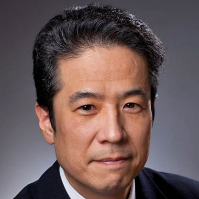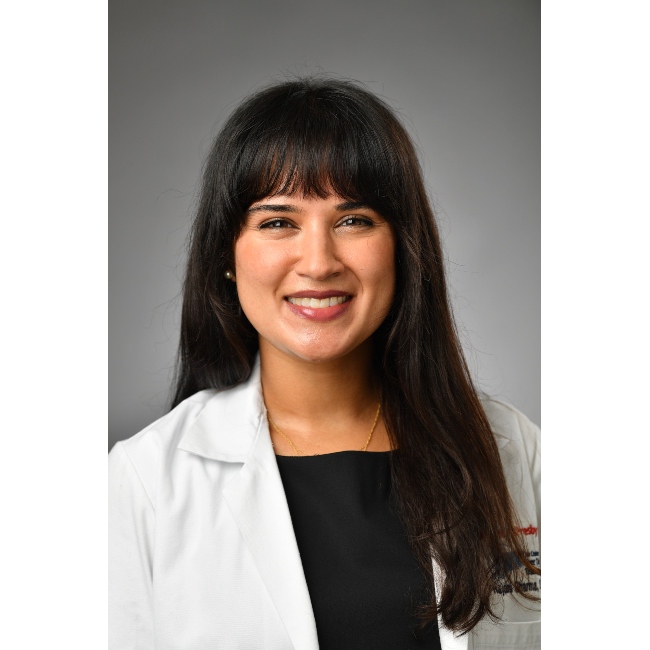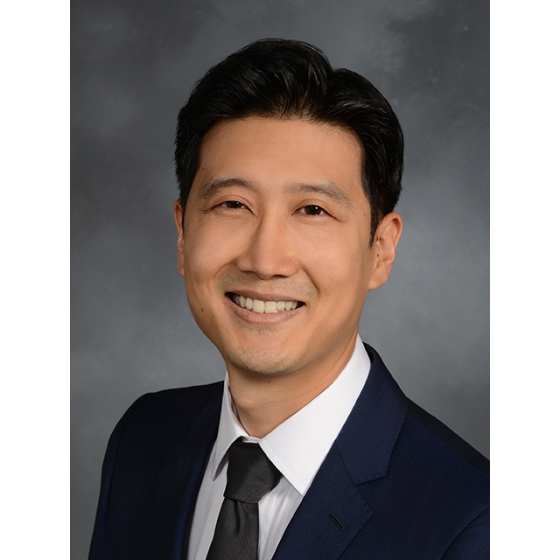NewYork-Presbyterian Center for Liver Disease and Transplantation (CLDT) is a comprehensive, multi-campus center working with Columbia University and Weill Cornell Medicine physicians. The center provides adults and children with liver disease patient-centered care across numerous specialties. Our Asian Liver Health Initiative offers services and promotes liver health to the Asian and Asian American community. Our staff speak Mandarin, Cantonese, Korean, Japanese, Hindi, Spanish, and English.
Conditions We Treat
- Decompensated cirrhosis requiring liver transplant
- Advanced liver disease
- Liver cancer
- Cholangiocarcinoma
- Portal hypertension
- Hepatitis B
- Hepatitis C
- Fatty liver
- Autoimmune hepatitis
- Alcohol related liver disease
A Leader in Liver Transplantation
With our experience in treating a high number of patients, expertise in complex cases and leadership in research and innovation, you can expect a dedicated team to provide the specialized care you need at every step. NewYork-Presbyterian’s liver transplant program has the highest transplant rate in the region. Patients treated by NewYork-Presbyterian CLDT physicians are more likely to receive a liver transplant than at any other center in the region.
Our Locations

Flushing, Queens
Columbia and Weill Cornell Medicine doctors see patients in convenient offices located in Downtown Flushing.

Chinatown, Manhattan
Weill Cornell Medicine doctors offer patients a convenient location in Manhattan’s Chinatown.

Sunset Park, Brooklyn
Columbia and Weill Cornell Medicine doctors are now seeing patients in their Sunset Park office in Brooklyn.
Our Team

Pediatric Surgery, General Surgery, Transplant Surgery, Liver & Abdominal Transplant Surgery
Specialties
Hepatobiliary Surgery and Transplant Surgery
View full profile
Affiliations
NEWYORK-PRESBYTERIAN HOSPITAL
Specialties
Transplant Hepatology
View full profile
Affiliations
NEWYORK-PRESBYTERIAN HOSPITAL
NEWYORK-PRESBYTERIAN QUEENS
Specialties
Transplant Hepatology
View full profile
Affiliations
NEWYORK-PRESBYTERIAN HOSPITAL
Specialties
Hepatobiliary Surgery and Transplant Surgery
View full profile
Affiliations
NEWYORK-PRESBYTERIAN HOSPITAL
Specialties
Surgery - Transplant Surgery
View full profile
Affiliations
NEWYORK-PRESBYTERIAN HOSPITAL
Specialties
Surgery - Transplant Surgery
View full profile
Affiliations
NEWYORK-PRESBYTERIAN HOSPITAL
Specialties
Surgery - Transplant Surgery
View full profile
Affiliations
NEWYORK-PRESBYTERIAN HOSPITAL
Specialties
Transplant Hepatology
View full profile
Affiliations
NEWYORK-PRESBYTERIAN HOSPITAL

Jonathan Yeh, PA
Affiliations
newyork-presbyterian hospital
Contact Us









